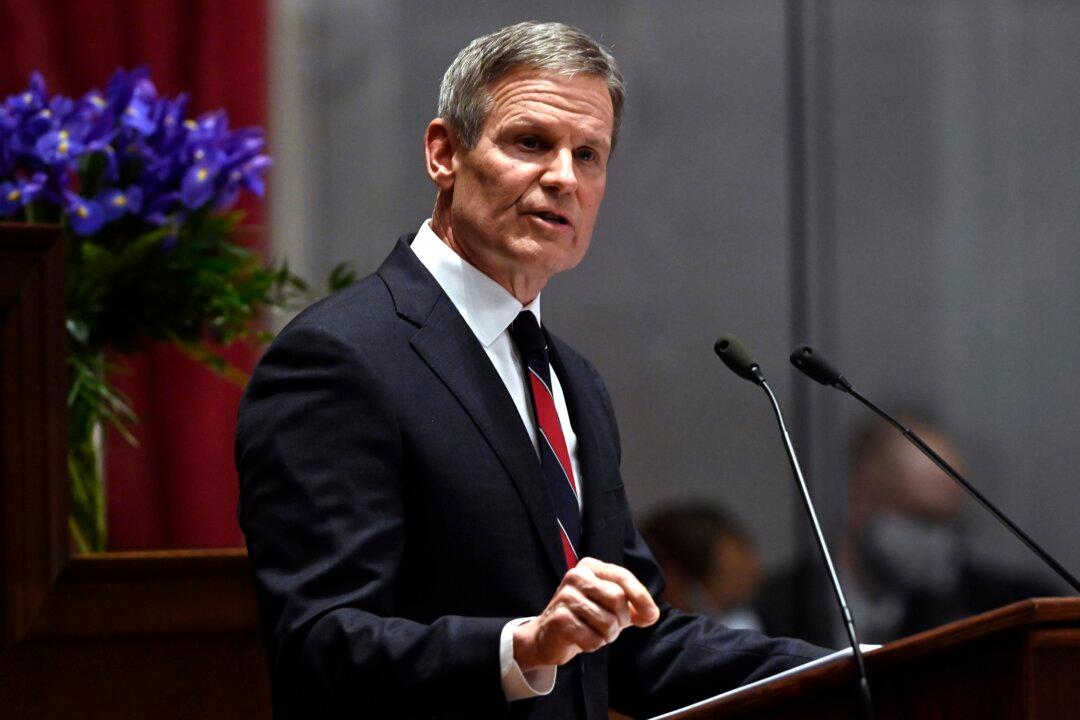Republican Tennessee Gov. Bill Lee signaled on Monday that the state legislature will not pass a school voucher system this session despite “tremendous progress” on the effort.
“I am extremely disappointed for the families who will have to wait yet another year for the freedom to choose the right education for their child, especially when there is broad agreement that now is the time to bring universal school choice to Tennessee,” Mr. Lee said in a Monday evening press statement.





